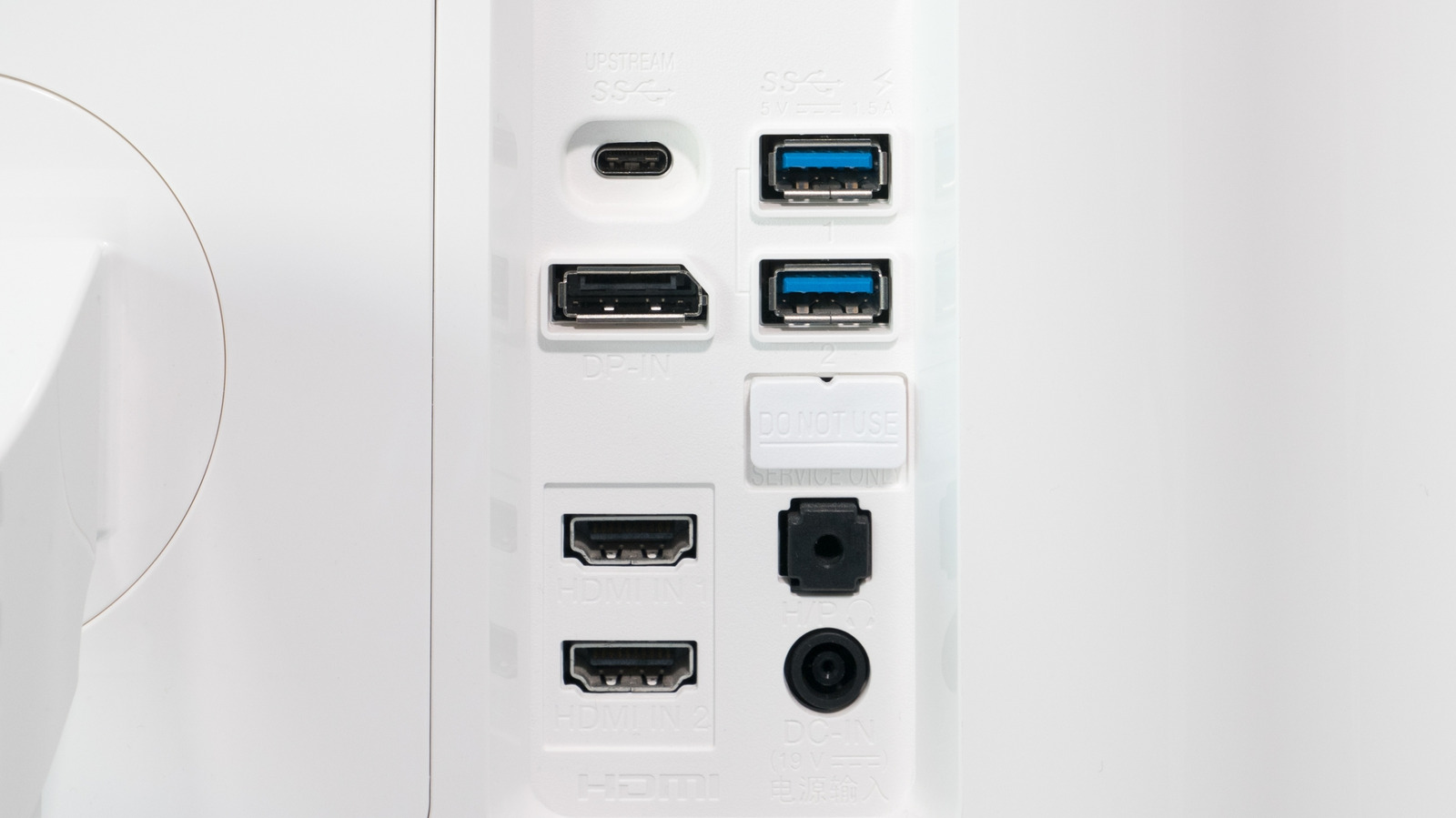Don’t miss out on our latest stories. Add PCMag as a preferred source on Google.
Hughesnet was once a top provider of satellite internet. But on Monday, the CEO of its parent company, EchoStar, recognized what many already know: SpaceX’s Starlink surpassed Hughesnet long ago to become the industry’s top dog.
“First of all, we think that SpaceX is the undisputed leader in the marketplace in terms of connectivity for internet today using Starlink,” EchoStar CEO Hamid Akhavan said during an investor presentation.
A slide from Akhavan’s presentation also calls SpaceX the “marketplace leader in satellite internet connectivity.” The statements are surprising since Hughesnet continues to compete with Starlink for satellite internet users.
(Credit: EchoStar)
However, EchoStar and SpaceX recently became partners. Last week, the company agreed to sell a 50MHz block of valuable radio spectrum rights to SpaceX in exchange for $17 billion in cash and stock. In addition, EchoStar’s BoostMobile brand is also gaining access to SpaceX’s cellular Starlink service, giving it a way to beam connectivity to users in dead zones.
The statements also underscore SpaceX’s growing dominance in the satellite internet industry. In December 2020, two months after the launch of Starlink, Hughesnet had 1.56 million customers. Since then, the brand has lost about half of its subscribers and is down to 819,000.
During the presentation, Akhavan noted that EchoStar has had to “pivot” its Hughesnet business to focus more on enterprise users as many US consumers flock to Starlink.
“Three years ago, we noticed that the consumer business connectivity is going to be a declining business for us,” he said. Akhavan attributed some of the decline to Starlink’s low-Earth orbiting satellites, which can deliver far lower latency compared with Hughesnet’s high-orbiting geostationary satellites.

Get Our Best Stories!
Your Daily Dose of Our Top Tech News

By clicking Sign Me Up, you confirm you are 16+ and agree to our Terms of Use and Privacy Policy.
Thanks for signing up!
Your subscription has been confirmed. Keep an eye on your inbox!
“We saw a Starlink come in, we saw [Amazon’s Project] Kuiper potentially come in, and others. We kind of saw that and decided that we would reduce our emphasis,” he explained. “We decided that we need to expand our approach to [the] enterprise.”
EchoStar is “almost over the 50% line on revenue on the enterprise side,” he added. Within three years, “you will consider us primarily an enterprise company…and we’ll serve consumers greatly as long as it comes.”
Still, he noted that Hughesnet has been facing competition from fixed wireless, which uses 5G and LTE to beam internet to underserved areas.
Recommended by Our Editors

EchoStar CEO Hamid Akhavan and Founder Charles Ergen (Credit: EchoStar)
In a Q&A session, company founder Charles Ergen also revealed an interesting tidbit: EchoStar actually asked SpaceX to build satellites for it — around the time Elon Musk had already filed FCC documents to operate Starlink in late 2016.
“We actually went to SpaceX, I think, about eight years ago to get them to build this for us, and they declined to do that,” Ergen said.
EchoStar was previously trying to develop its own competing system to the cellular Starlink service before abandoning the plan, following the $17 billion spectrum deal. Ergen now says the Elon Musk company has “a huge moat around” its satellite and space business.
“And our spectrum, they paid us $17 billion. They’re going to make way more money,” he said. To do so, Ergen expects SpaceX to build and launch “thousands” of additional satellites to bolster the cellular Starlink service, which is currently available through T-Mobile and a growing number of carriers across the globe.
“I mean, the world changes pretty fast, but they’re — I don’t know if anybody [other than SpaceX] can launch [rockets] three times a week. I don’t know anybody who can build seven satellites a day,” he added. “I don’t know anybody who’s got a rocket that’s four times bigger that you can actually catch.”










